We're an affiliate
We hope you love the products we recommend! Just so you know, we may collect a share of sales or other compensation from the links on this page at no additional cost to you. Thank you if you use our links, we really appreciate it!
We know that cats can be finicky and sometimes they refuse to eat and drink. But how long can cats go without food and water? This is a question that you may have asked yourself when your kitty stopped eating.
Cats are lovely pets and in the ideal situation, enjoy eating their food. If they stop eating and drinking, then there must be something wrong. You should take immediate action to know why your cat is behaving that way.
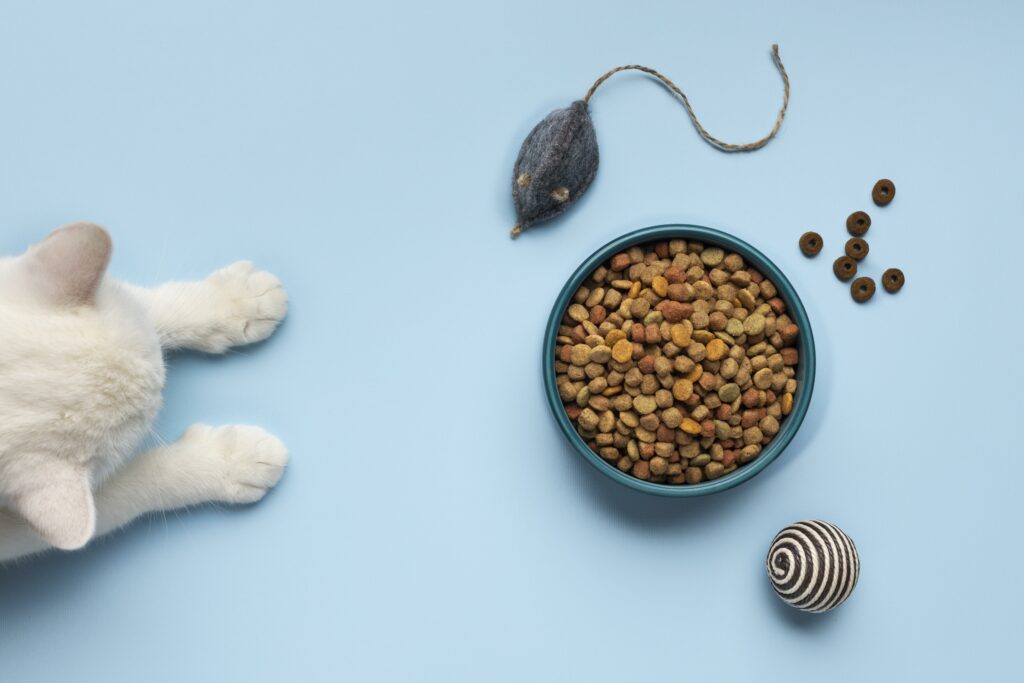
Continual food avoidance might cause your cat to develop serious health conditions. This can be fatal if not dealt with quickly.
How Long Can Cats Go Without Food and Water?
An adult cat can survive for an average of 1 to 2 weeks without food if you’re wondering how long can a cat go without eating.
But they need a constant supply of clean drinking water.
This duration will depend on age, breed, and the cat’s health. Large-breed cats can generally go for longer without food than small-breed cats.
How Long Can a Cat Go Without Water Before Becoming Dehydrated?
An adult cat can go for 2 to 3 days without water. They can become completely dehydrated and overwhelmed within this period.
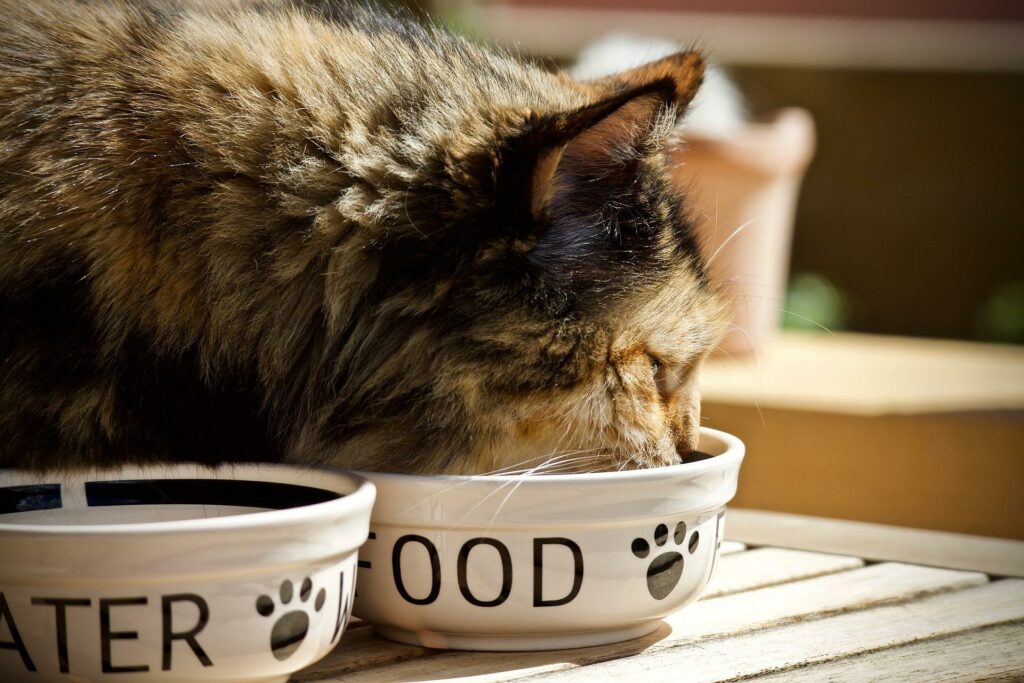
If your cat has skipped a single meal, then you should not worry about it so much. Your furry friend may not decide to eat at a particular time because they’re bored or do not like the food.
You might have also given your cat too many snacks throughout the day so they’re not hungry during meal time.
You should start getting worried if your cat skips meals for a day.
What Will Happen If My Cat Doesn’t Eat and Drink
Food and water are essential for your cat’s health. They provide all the necessary nutrients and minerals that drive life.
Cats, especially kittens can become malnourished if they skip meals.
If your cat stays for long without eating and drinking, they might develop Feline Hepatic Lipidosis. This liver condition can be very fatal if left unchecked for some time.
Why Won’t My Cat Eat?
Several reasons might discourage your cat from eating. Cats can be fussy eaters and sometimes we can see they are not in the mood to eat. You should get concerned once you notice that your cat is avoiding food.
You need to find the reason why your furry friend is not eating. The following are some of the reasons why your cat is not eating:
1. Condition of the food
Your cat may stop eating because their food is bad. Cats may suspect that something is wrong with their food and may not eat it. You need to find out if the particular brand or product has been recalled or expired.
Always keep the original package of your cat’s food to enable you to maintain a record of the expiry date.
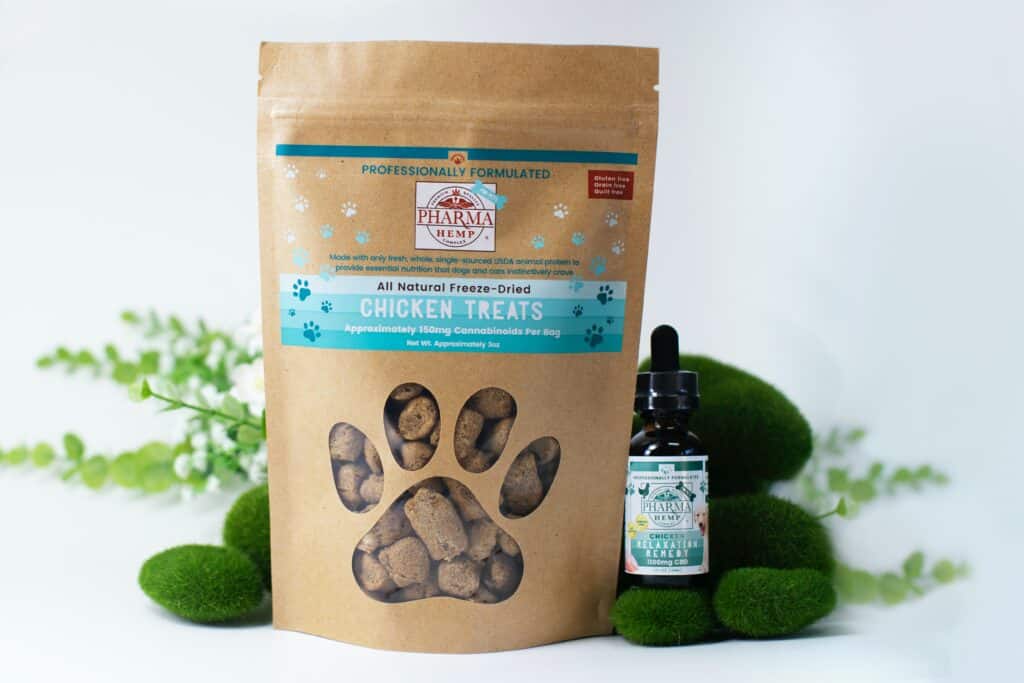
If you find out that your cat’s food product has been recalled or expired, you need to visit the vet immediately. Your vet will do food poisoning tests to determine if they’re affected.
2. Type of food
Cats are choosy and they may reject certain types of foods. Each cat has their own preference and you need to be familiar with what your feline friend prefers.
Some cats love dry food, and if you give them wet food, they might not accept it. Your cat might show a preference for one type and much less for the other.
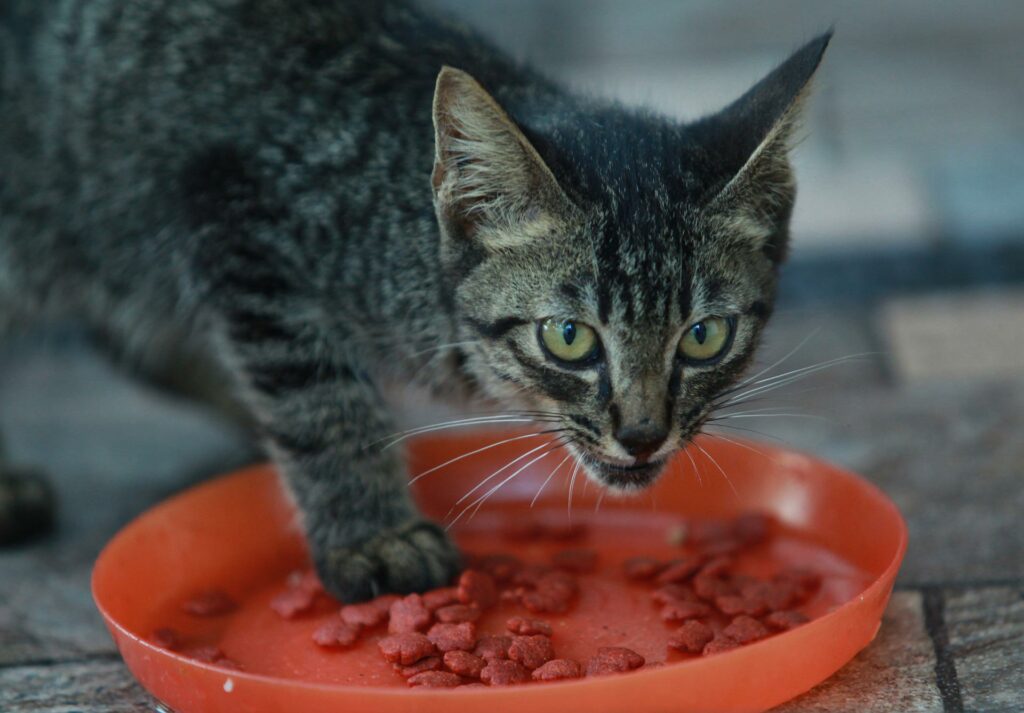
It is always good to mix the types of your food to allow your cat to get used to both wet and dry foods. If you notice that your cat is avoiding a specific type of food, then you need to give them a variety.
Commercial and homemade cat foods are different in nature, texture, and flavor. Choose the best flavor that will encourage your cat to eat.
Above all factors, get foods with the most nutritional benefits for your cat. This will keep your kitty strong, energetic, and healthy.
3. Medical Conditions
Your feline may have a poor appetite as a result of some common cat health problems. If you notice some other symptoms of a disease, then you need to take the cat to your vet for diagnosis.
Some common signs of an unwell cat include vomiting, diarrhea, fever, excessive meowing, and weight loss. Some of the health issues that may make your cat lose their appetite include the following:
- Kidney diseases
- Bowel inflammation
- Liver diseases
- Dental diseases
- Fever
- Pancreatitis
A cat’s ability to eat well is dependent on smell. If they have respiratory issues that affect their sense of smell, then they may fail to eat.
4. Medication
Some drugs can make your cat have a reduced appetite and may refuse to eat. Always look out for the side effects of all drugs that are prescribed by your vet.
Your vet will probably inform you about all the expected side effects of a drug before treating your cat.
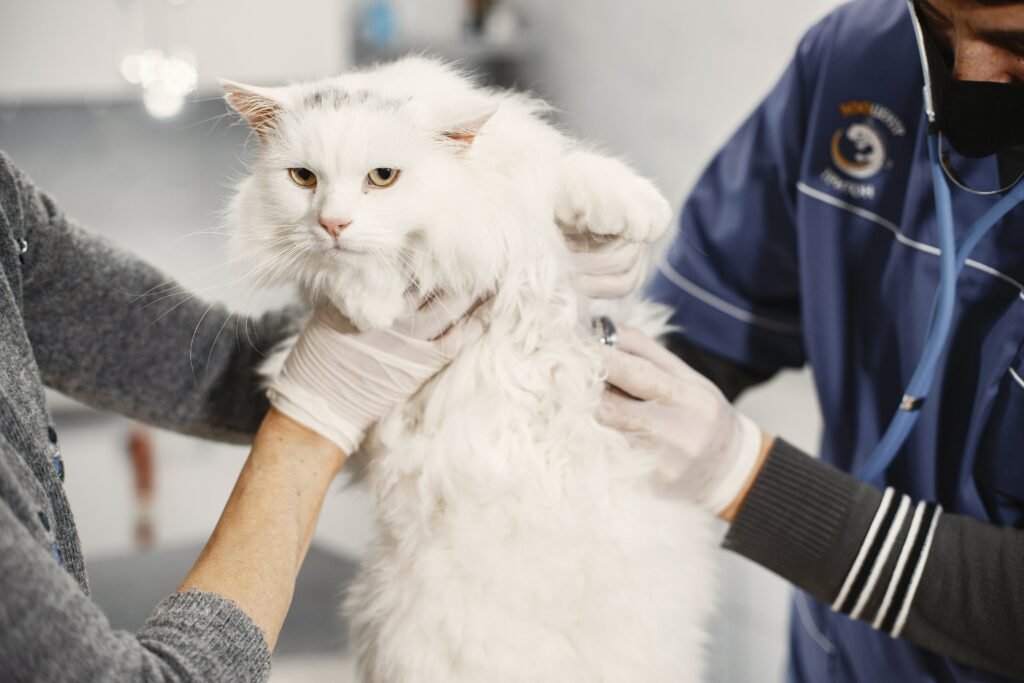
I recommend that you look at some of the Pet drugs that suppress appetite. The article has been authored by Dr. Patricia M Dowling, from the Western College of Veterinary Medicine, University of Saskatchewan.
Your cat may also have a poor appetite immediately after vaccination. Other side effects of vaccination are reduced energy and nausea.
5. Stress
If your cat’s failure to eat is not caused by physical sickness, then the problem might be psychological. A stressed cat may lack the motivation to eat and drink. Some conditions that may stress your cat include:
- Adding another cat to your house
- Travelling and camping
- Moving houses
- Presence of visitors or newborns in the house
- Absence of a family member
- Changes in diet and feeding schedule
If you are in a multi-cat home, then some cats may prefer not to share their food accessories with others. The less dominant cat will feel stressed, threatened, and intimidated.
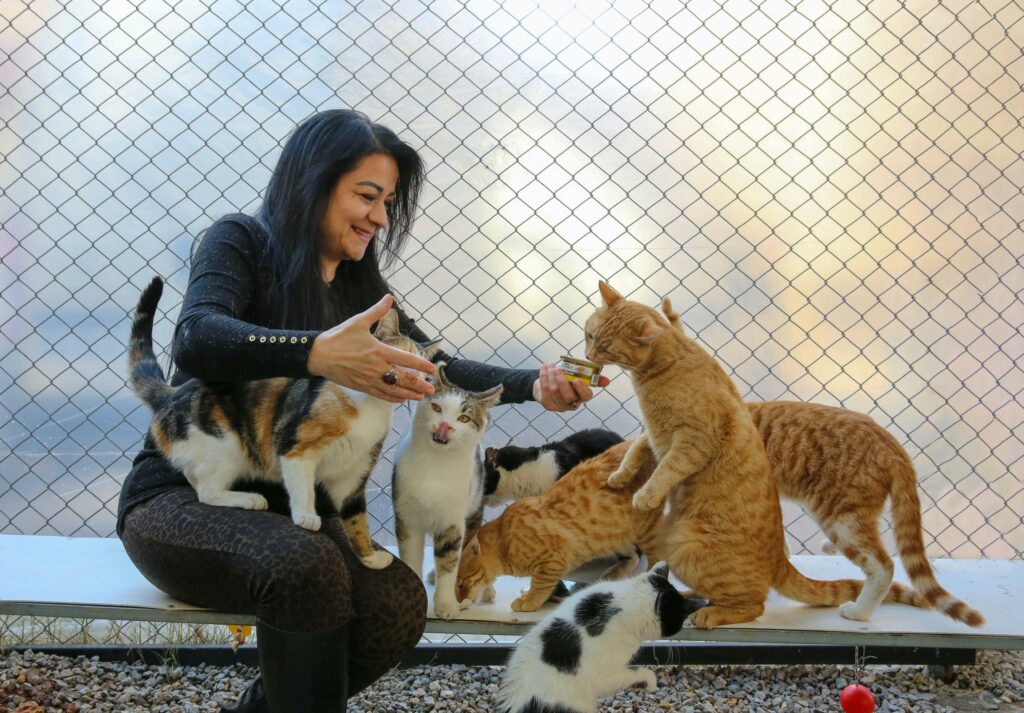
They may not gather the courage to approach their food bowls. Place your cats’ bowls further away from each other, preferably in separate rooms.
6. Safety
Your cat may avoid going for their food because the bowl has been placed in unsafe areas. Such areas might include near the washrooms or too close to an aggressive dog.
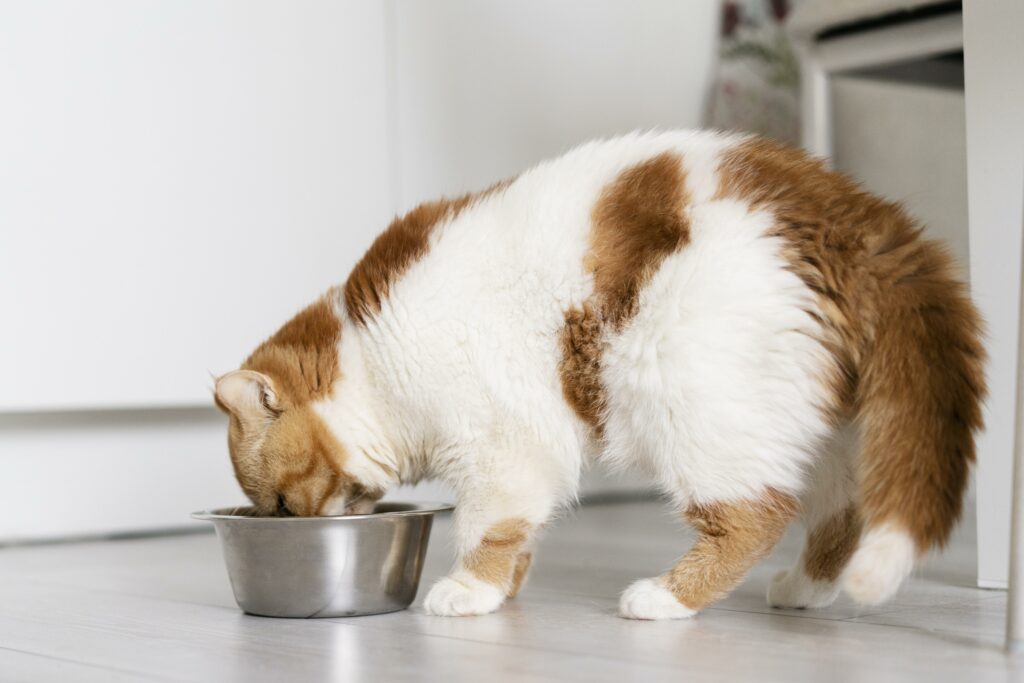
Make sure your cat’s feeding point is in a safe and peaceful location away from their litter boxes. Place the food bowls in such a way that your cat will feel secure and can see anyone approaching.
7. Food temperature
If you serve your cat wet food straight from the refrigerator, then they might be reluctant to eat. Heating wet food can encourage cats to eat well and enjoy their food.
Cold wet food might also not have the smell or taste to entice your cat. Always ensure that your cat gets their food at the right temperature. Your cat’s food should neither be too hot, nor too cold.
8. Dental diseases
Dental diseases can be painful to the extent that your cat’s teeth become too sensitive to chew food.
In such a case, you may notice that your cat gets motivated to eat but cannot handle food in the mouth. They hang around the feeding area meowing, but cannot eat.
9. Types of food bowls
Your cat may be reluctant to eat because of the type of food bowls they have. A good food bowl should give your cat an easy time taking their food.
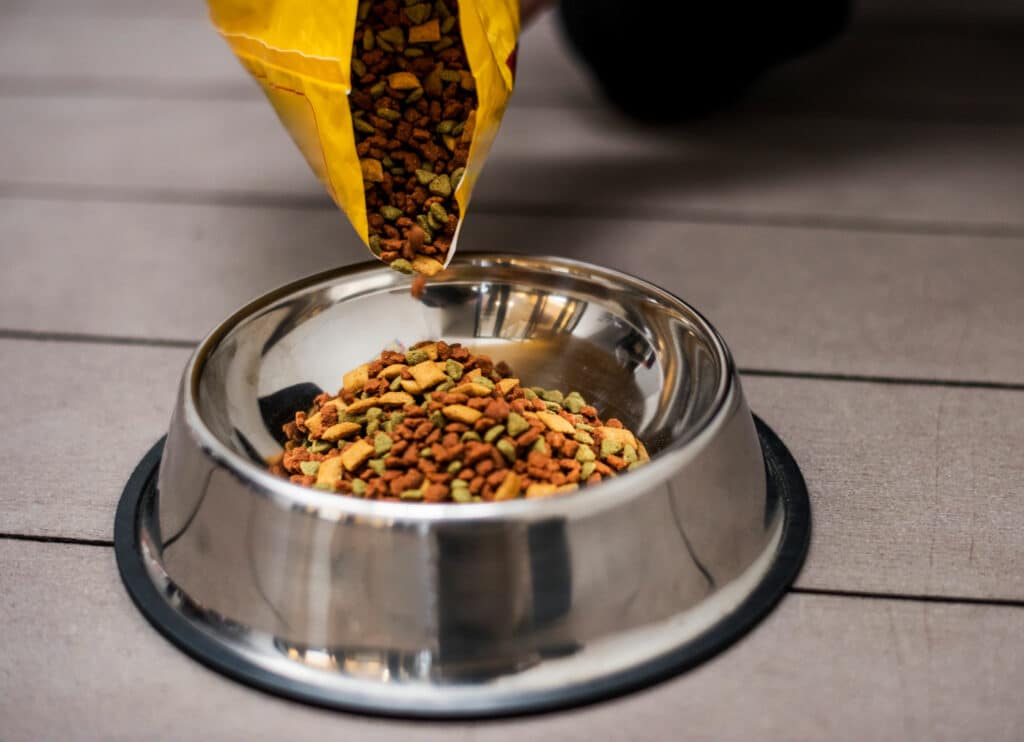
If you have an elderly cat, then you can consider getting an elevated food bowl. This will help them to eat comfortably with a relaxing body posture.
Why Won’t My Cat Drink Water?
Similar reasons that make your cat fail to eat might also make them avoid that water bowl. Sometimes you can see your cat eating normally but not drinking enough water. Other times they may avoid water completely.
Your cat might become dehydrated if they stay for too long without drinking water. Lethargy, loss of appetite, dry mouth, and Sunken eyes are some of the signs that your cat is dehydrated.
Conditions that make cats lose too much water from their bodies can also cause dehydration. Such conditions include kidney diseases, hypothyroidism, diarrhea, vomiting, and diabetes.
Clean drinking water is essential to all animals. It helps to keep the body hydrated and with digestion.
Here are some of the reasons why your cat may avoid sipping some water:
1. Wet foods
Wet cat food contains too much moisture. If you have put your cat on a wet food diet, then they are getting most of their water from food.
It is always a good idea to have a mix of both wet and dry cat foods.
2. Weather
During the winter/cold season, it is possible to see your cat going through an entire day without getting any sip of water.
This should not cause an alarm because the cat is also not losing too much water.
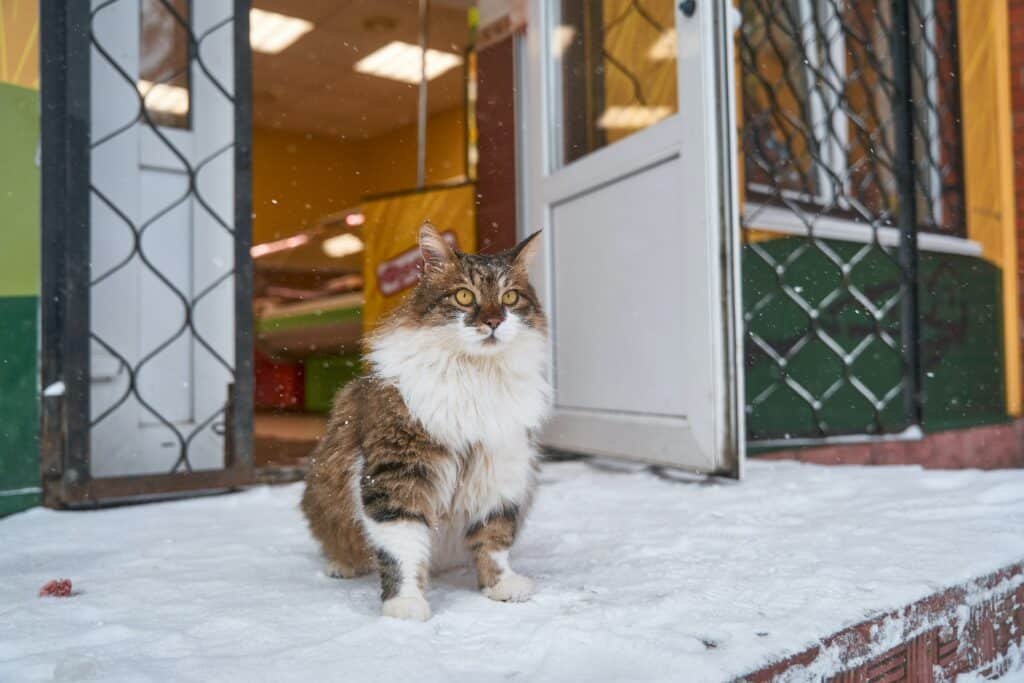
Heat your cat’s drinking water when the temperature is cold. This might encourage them to drink and is also good for raising their body temperature.
3. Activity Level
If your cat is always active then you can expect them to drink more water. An active cat will sweat a lot and need more water to cool down.
An inactive cat does not use a lot of energy hence they do not need too much water throughout the day.
Remember to encourage your cat to be active by walking and running with them daily. This will keep your furry friend energetic and healthy.
4. Water temperature
Your cat’s drinking water should neither be too hot nor too cold. When the water is at extreme temperatures, it makes your dog’s teeth sensitive and painful.
Chilly water is more effective on hot days while lukewarm water is good on cold days. Your cat’s water should be at a temperature that is comfortable for them to handle.
5. Oral injury
With a physical wound in the mouth, you can expect your cat not to drink enough water. The injury might be painful and drinking water will inflict more pain.
You can know if your cat has an oral wound by inspecting the mouth. A cat with an oral injury will keep their mouth open most of the time trying to relieve the pain.
Take your cat to the vet and have them receive the best wound care for quick recovery. You can use a water syringe to give water to your cat as they recover from oral injury.
6. Older age
As long as they are healthy, elderly cats may not get motivated to drink enough water. This might be because of their numbing thirst receptacles. They also have reduced physical activity and hence may not be thirsty most of the time.
You can ensure that your senior cat is getting hydrated by giving them wet foods. You can spice their dry foods with bone broth to moisturize and add flavor.
9 Things You Can Do to Make Your Cat Eat and Drink
There are several things you can do to get your cat back to eating and drinking normally.
If your cat stops eating because of medical conditions, your vet will recommend the best diet during their recovery.
1. Try different types of foods. There are many types and brands of cat foods both commercial and homemade.
Get a good mix of both dry and wet cat food with different textures, colors, and flavors. It is recommended to rotate between different brands at least four times a year. This practice will reduce your cat’s choosy nature and help to counter food allergies.
2. Give your cat small food portions. Most cats prefer having small meals to a single large meal. You can divide your cat’s feeding schedule into at least three times a day.
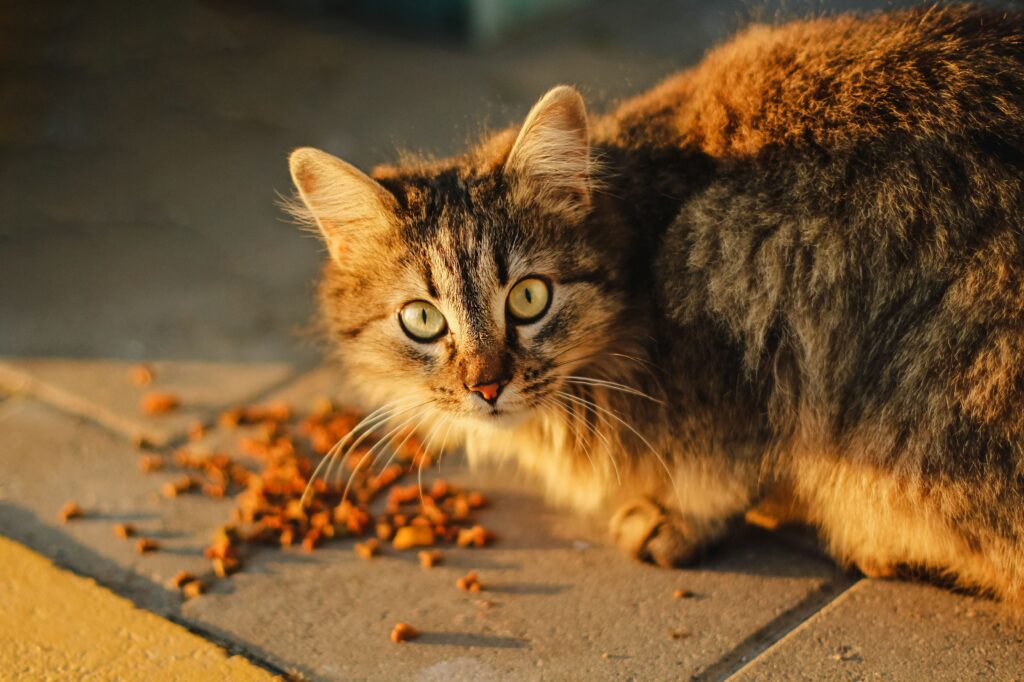
Give them manageable small food portions as it also reduces wastage. Consider getting an automatic cat feeder to maintain a regular feeding schedule.
3. Some cats are very social and they like eating together with their human family. If you have such a cat, ensure that you match their feeding schedule to yours at home. You can also try hand-feeding them to share your affection.
4. Heat your cats’ wet food to improve their flavors and sweetness. This will encourage your cat to eat more. The temperatures should get raised to the levels that your cat can manage.
5. Sometimes cats may not like sharing their food accessories. Get different bowls for your cats and place them at their feeding stations. Allow your cats to share their meals only at will, do not force them.
6. You can make your cat more engaged through regular exercise and training. This will increase their energy consumption hence more appetite and thirst for water. Exercise also keeps your cat healthy and energetic.
7. You need to regulate the snacks or treats you give your cat throughout the day. Sometimes cats may not get the motivation to eat because they take too many snacks.
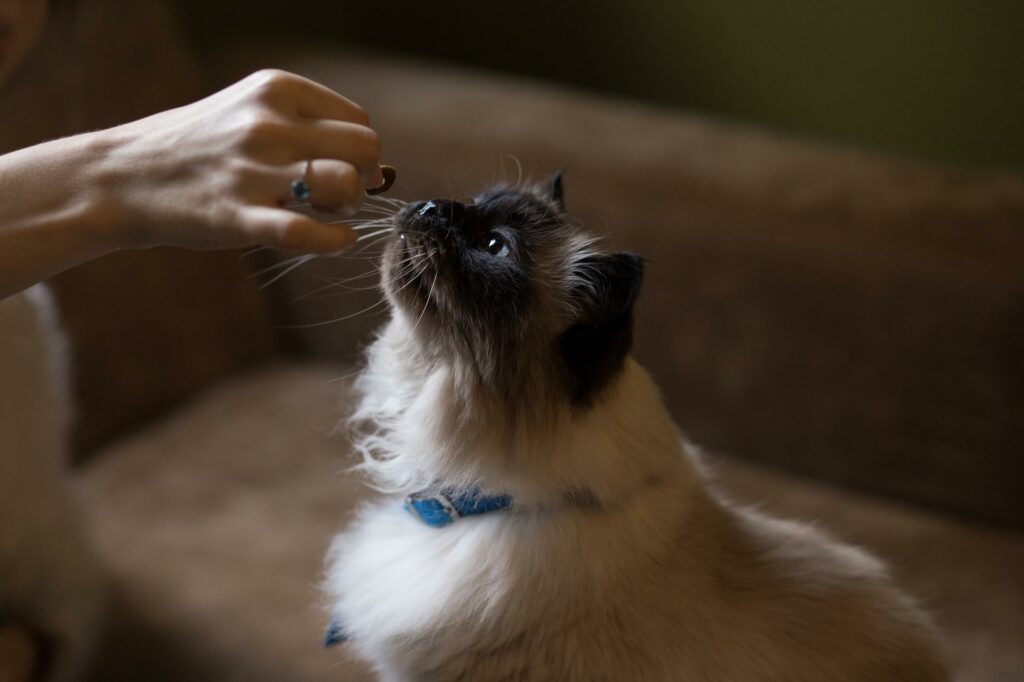
8. Replace the conventional water bowls with cat water fountains. This might encourage your cat to drink more often.
9. Your vet can recommend some drugs to increase your cat’s appetite. You should always buy such drugs only through prescription.
To Wrap Things Up
How long can cats go without food and water? An adult cat can manage between 1 to 2 weeks before getting overwhelmed.
Age, breed, and health issues are some of the factors that may determine how long your cat can manage. If you don’t intervene to help the situation, your cat may develop a liver condition that can be fatal.
Thank you for reading through this article. If you have any questions, please leave a comment below and I will get back to you.
Laura is the founder of Furs'n'Paws. She is a also a pet writer and expert with more than 20 years of experience of working with dogs and cats. She developed a very strong love for animals at a young age. Her passion led her to establish a thriving pet sitting and dog walking business in Dubai. As an expert in pet training, behavior, and nutrition, Laura is committed to helping pet owners and pet lovers by offering high-quality information on a wide range of topics.


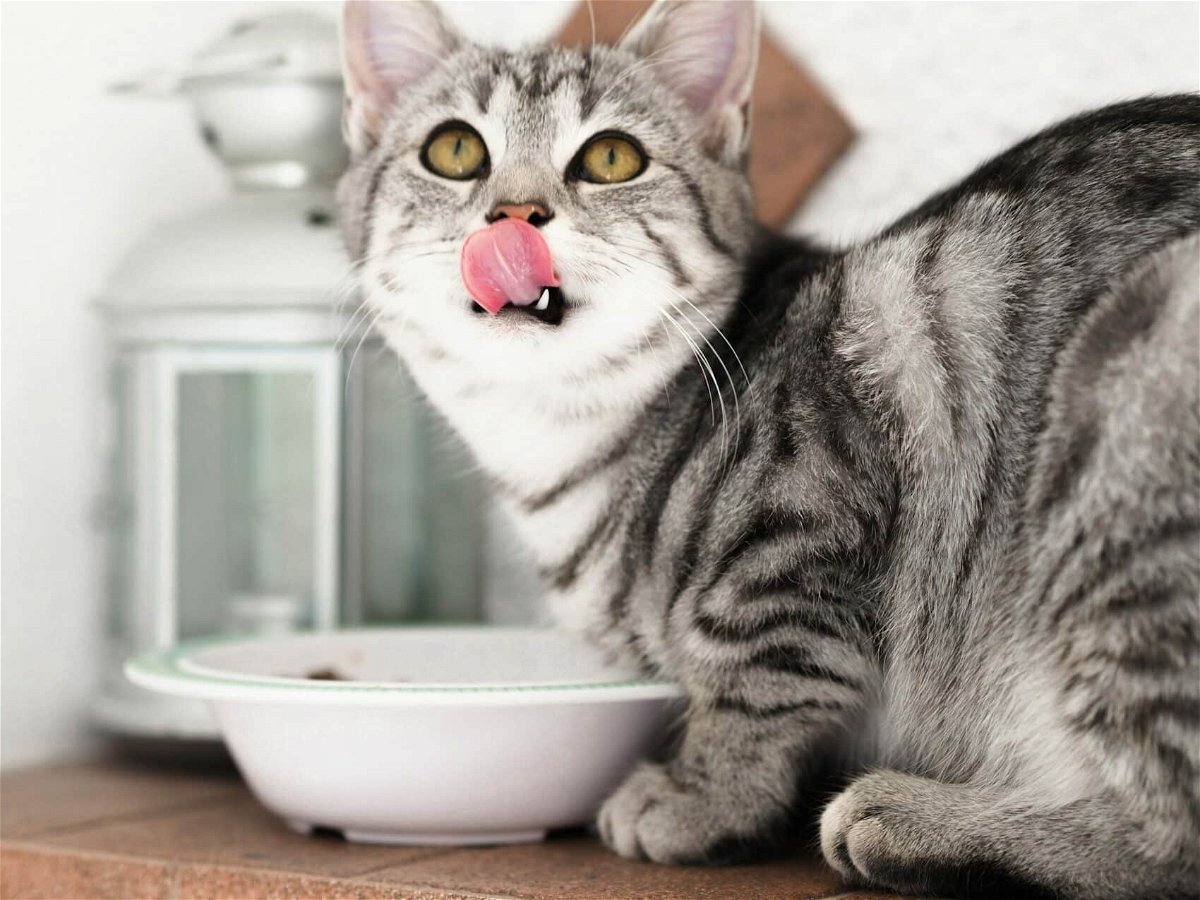
6 Responses
My cat is nearing 20 and has some type of cancer. He’s been on a steroid for 2+ years and did well. He’s steadily declined over 2023. He’s now basically incontinent and can’t move well at all. His appetite & appearance then declined as well. Now he’s stopped eating-I’ve tried every suggestion but he will only drink. He’s not crying or showing signs of pain. Can I let him die at home or should I have him put down? He HATES the vets office.
Hi Mary, I’m really sorry about your cat & I can’t answer your question as it is a very hard one. All I can say is that if it was my cat I would ask my vet for his advise, I would make sure that she is not in pain and I would be there for her till her last breath. Please discuss this matter with your vet and I am sure they will help you take the right decision. Best of luck!
My 1year old cat got locked in my neighbor’s garage for 7 days they found him today skinny just lays and meows very loud he ate 1/2 can of tuna but won’t drink water or Pedialyte what should I do?
Hi Dale! You may force-feed your cat using a dropper or syringe just so your cat could take some water. However, 7 days may be too long for your cat to go without water. To easily correct their hydration, it is best to consult your veterinarian, as hydration fluids may be necessary for your cat.
I believe my cat of 10 years got trapped in my neighbors apt. He is only home I’ve a month it has been almost a week now but my cat won’t meow at the door yet. I am very worried.
Hi Sally, I would definitely call the police or emergency to help me break in and rescue my cat and thn pay my neighbour for any damages done. Your cat’s life is more important thn anything else and should do the impossible to save her.